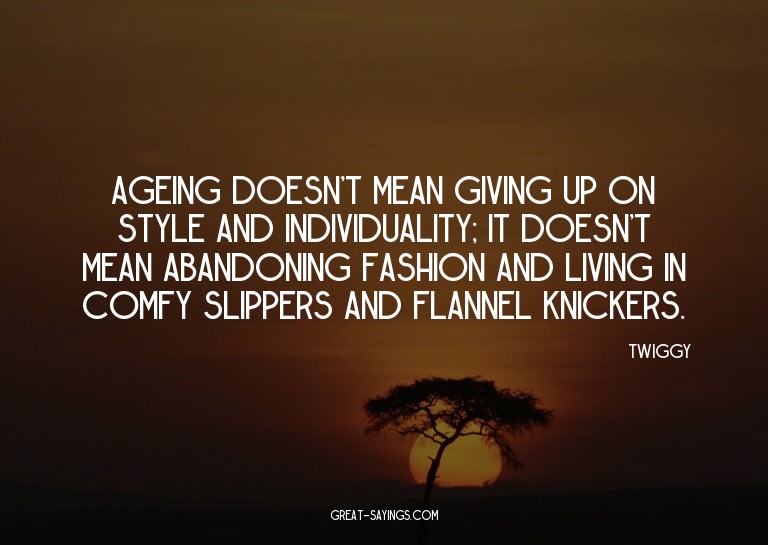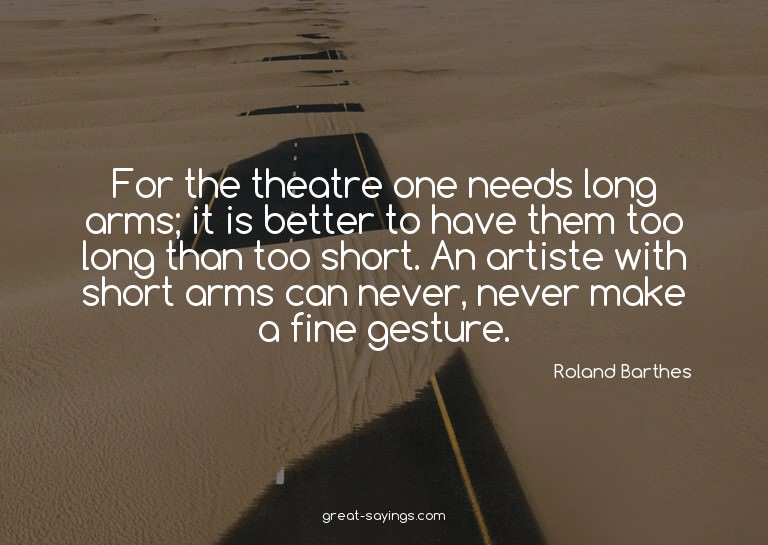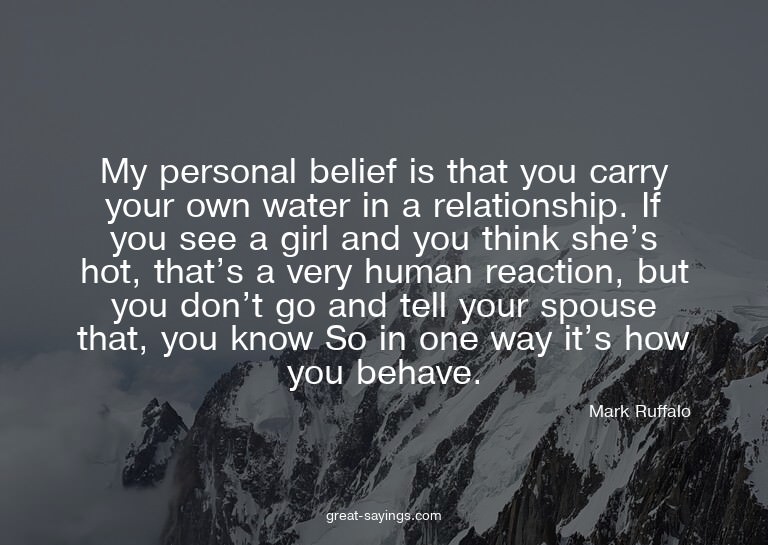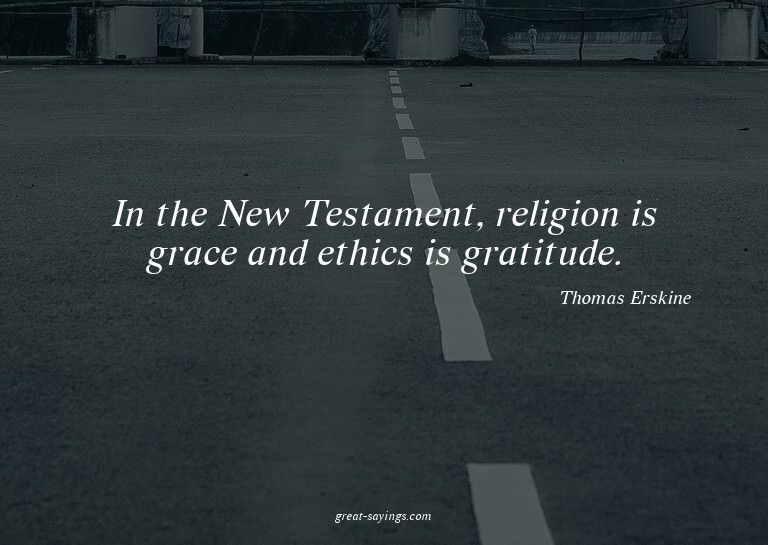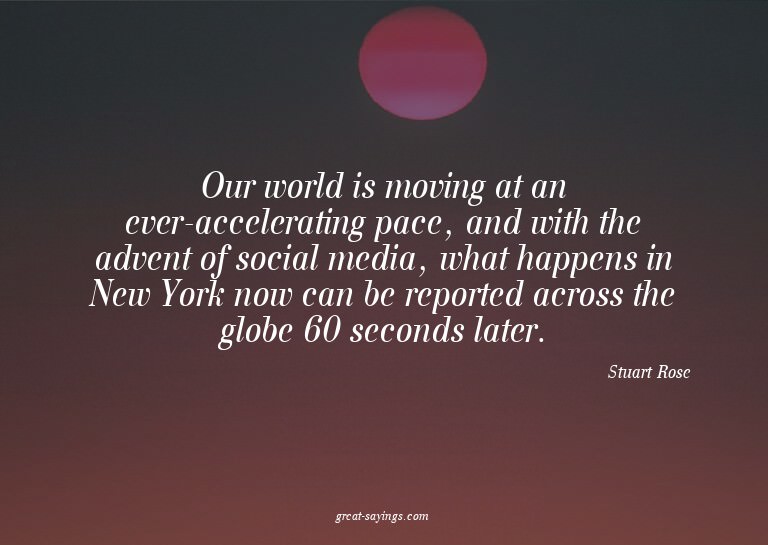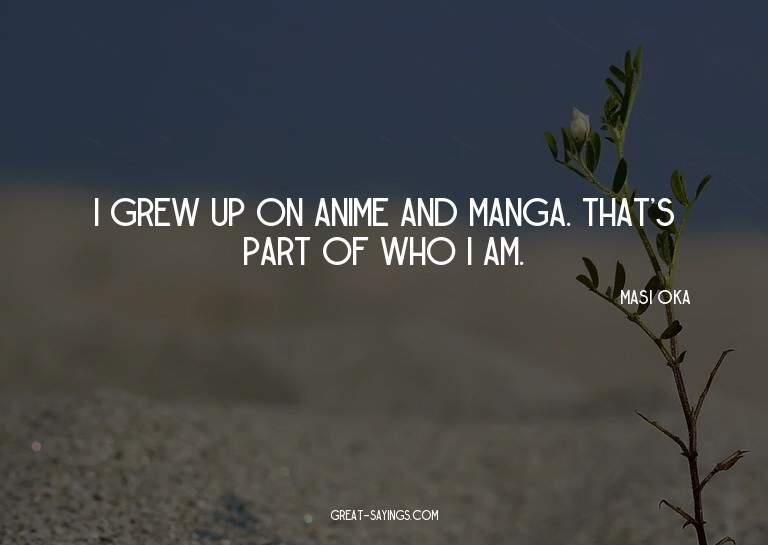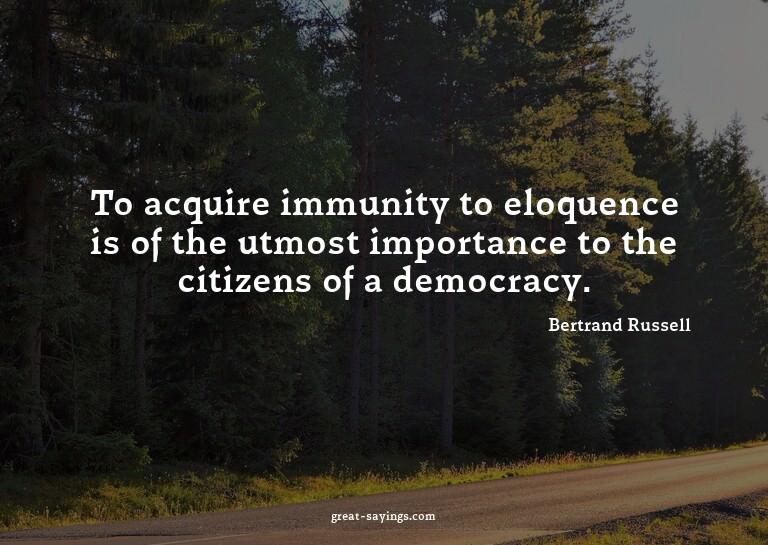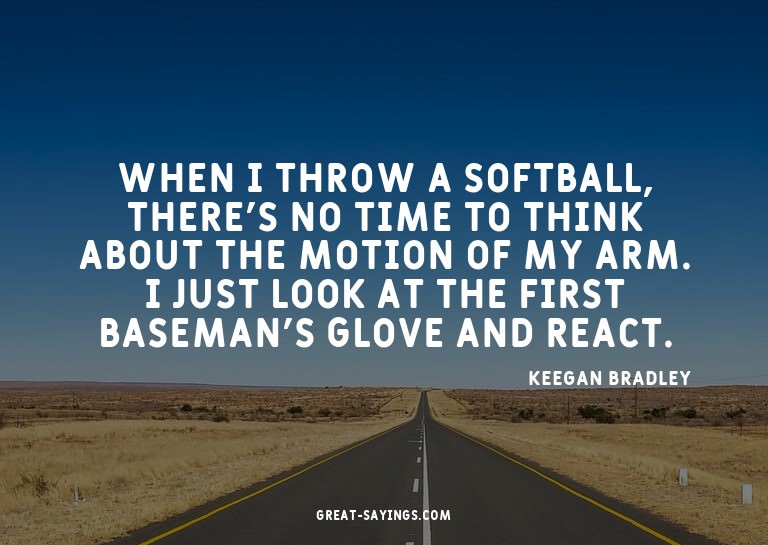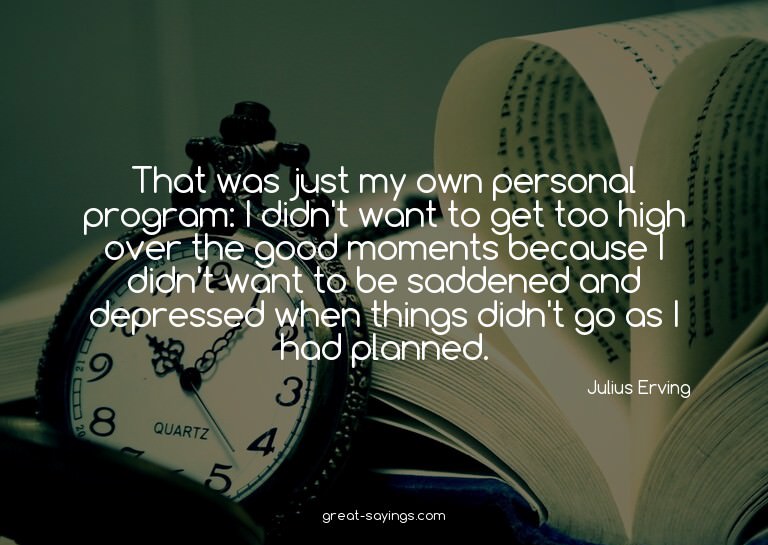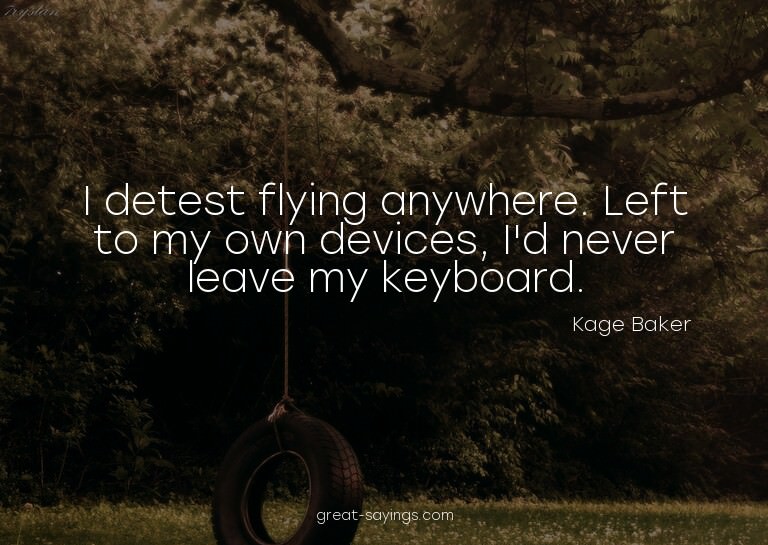Words matter. These are the best Deep Purple Quotes from famous people such as Ian Gillan, Yul Vazquez, Glenn Hughes, Steve Vai, Daniel Johns, and they’re great for sharing with your friends.
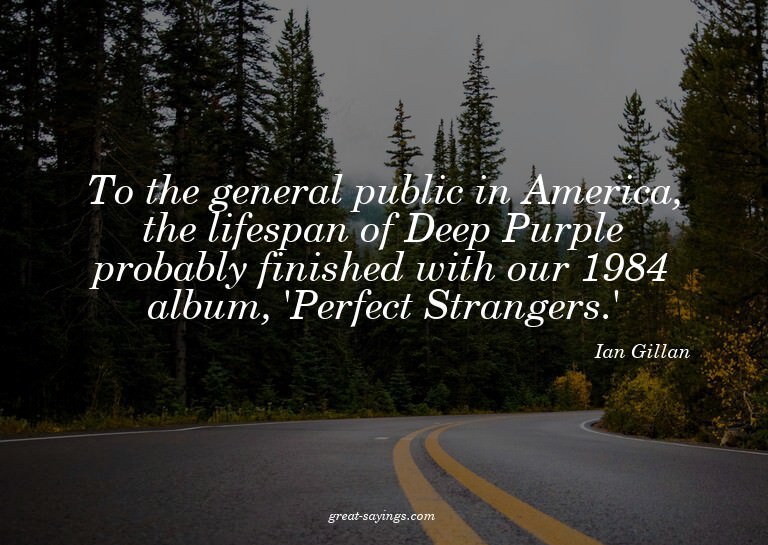
To the general public in America, the lifespan of Deep Purple probably finished with our 1984 album, ‘Perfect Strangers.’
Led Zeppelin. Queen. Deep Purple. These were the bands I listened to. I still listen to them.
Am I the man who killed Deep Purple? I don’t think so. I think every band from that era, even if you look at Led Zeppelin, if you look at their first four albums, they’re extremely different from one another, and I’ve never made the same album twice.
No matter what I do, I’ve always recognized that Deep Purple is primarily an instrumental band. That’s where all the music comes from in rehearsals – it all stems from the music.
As far as Deep Purple goes, I mean, they’re iconic. Their contribution is unquantifiable, and as far as the politics involved in things like awards, you know, I don’t think anything, because I know what they mean to me, and I know what they mean to the people who like them. Awards are very politically based.
My first contract was in 1965. There were six of us in this band – my band before Deep Purple – six in the band plus management, and the entire royalty rate was three-fourths of 1 percent.
I know the guys in Metallica. I’m very honored that they were influenced by Deep Purple when they started, and they’ve always been very kind to us.
I remember my uncle, who was a jazz pianist, when we did Deep Purple ‘In Rock,’ he ran from the room screaming, holding his ears: ‘I can’t hear anything. I can’t hear any instruments.’ And I was rubbing my hands going, ‘Great.’
Deep Purple was sinking with Ritchie. We were playing to quarter houses in Europe, which is one of our strongest territories – in Germany. Smaller venues, and they weren’t even full. So had we continued that way, and had Ritchie not walked out, we would have finished; that would have been the end of it.
The only advice I can give is to absorb as much as you can from as wide a spectrum as you can. If you’re in a rock band and only soak up Black Sabbath, Led Zeppelin, and Deep Purple kind of beginnings, then you’re not going to have much leeway.
When we first began and I was 14, my influences were the stuff that was in my parent’s record collection like Deep Purple and Led Zeppelin.
I saw Deep Purple live once and I paid money for it and I thought, ‘Geez, this is ridiculous.’ You just see through all that sort of stuff. I never liked those Deep Purples or those sort of things. I always hated it. I always thought it was a poor man’s Led Zeppelin.
Glenn Hughes is one of the most naturally talented musicians, but he’s still copying Steve Wonder to this day, so I can’t call him a bona fide member of Deep Purple.
I wasn’t personally that familiar with the Classic Rock bands. That is where Jorn Viggo came in: he played me tons of that stuff – Deep Purple, Led Zeppelin, plus a lot of bands with cool songs, riffs, vocals, etc. We really listened to tons of music.
Deep Purple definitely belongs in the Rock and Roll Hall of Fame. ‘Cause they had great songs, great musicianship, they had an impact, and they’re a huge influence on the heavy metal community as a whole.
Deep Purple is a damn good band and we’ve made a niche in rock ‘n’ roll history. Maybe not a huge one but enough to be very proud of.
At the moment we’re trying to keep what we’ve learnt. Because we learnt a terrific amount with ‘Deep Purple In Rock,’ it took six months to make that album: we think it paid off, really. I can honestly say that it’s the first album we’ve been 100 percent satisfied with; it gave us a hell of a lot of confidence.
When I was a teenager in the ’70s, I was really into those great bands like Led Zeppelin and Queen and Jethro Tull, Deep Purple, Alice Cooper.


